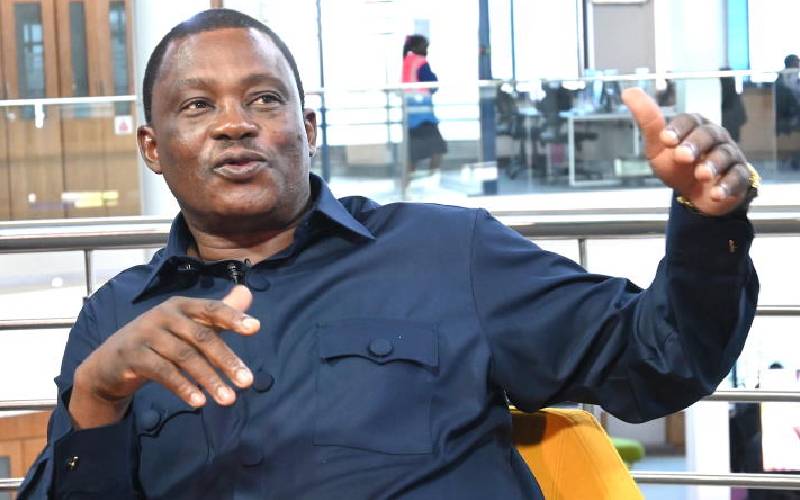×
The Standard e-Paper
Kenya’s Boldest Voice

National Assembly Speaker Justin Muturi during an interview at The Standard Group on September 15, 2021. [Denish Ochieng, Standard]
National Assembly Speaker Justin Muturi has faulted the Jubilee Party for the purge on rebel lawmakers last year.